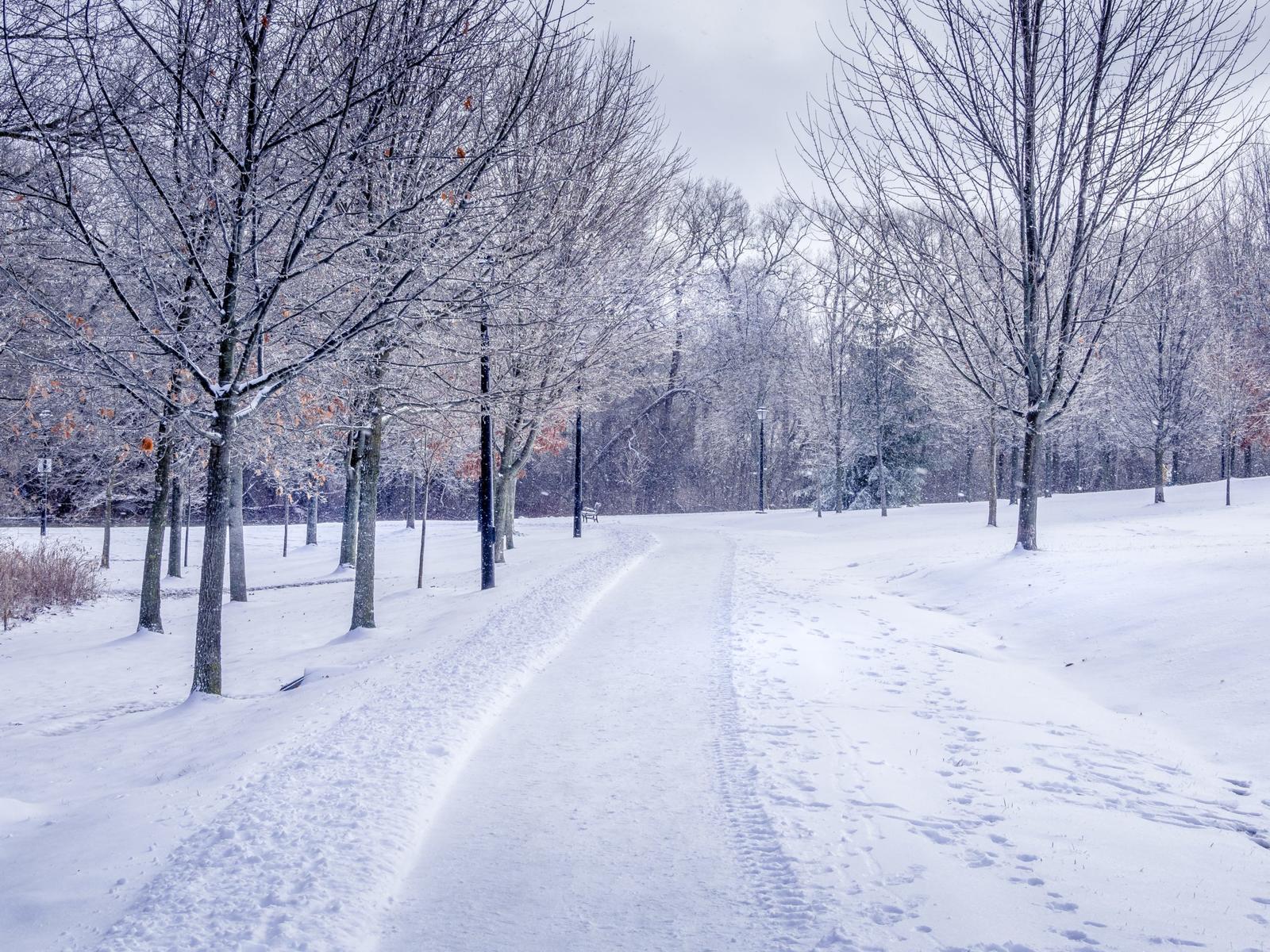The freezing cold temperatures sweeping the country triggered more than weather warning and travel disruption over the last week. According to the latest research by the UK’s leading independent job board, CV-Library, many UK professionals felt compelled to change their working patterns as a direct result.
20.5% of the 1,700 surveyed reported that the recent freezing weather had made them change their working patterns and go into the office, rather than working from home.
44.2% of respondents said they hadn’t been out much due to the extreme weather, and they needed social connection. The high cost of energy was also a key factor, with 41% going in purely to save on heating bills and 17.7% wanting to save on their electricity bill.
More from News
- What Influences Bitcoin Prices And Fluctuations?
- World’s First AI Chef To Come This September. Here’s How It Works
- Microsoft Who? Nvidia Has Officially Become the First Company to Surpass a $4 Trillion Market Cap
- Are AI Startups Investing In Teachers Learning AI A Good Move For Education?
- Can a Robot Really Perform Surgery Without Human Help?
- Reports Show Fewer Students Chasing Tech Careers, Here’s Why
- Undersea Cables And Digital Systems At Risk, MPs Warn
- Government Partners With Google Cloud To Modernise Tech, Here’s How
Just over half of all workers said the weather hadn’t impacted their working pattern. Others would have liked to change them and go into their workplace more, but they chose not to for a number of reasons. 10.7% said public transport is too unreliable in this weather, with 6.6% saying they don’t feel safe driving in the icy conditions.
Lee Biggins, Founder and CEO of CV-Library commented “These results reflect not only the impact the weather has on the UK workforce, but how the cost -of-living crisis and mental health have also become key factors within modern working practices.”
Biggins continues “Britain’s greatest obsession is often reported to be the weather but its impact on the economy is a serious topic. The knock-on impacts of severe weather aren’t just limited to reduced consumer spending and supply and distribution issues.”



